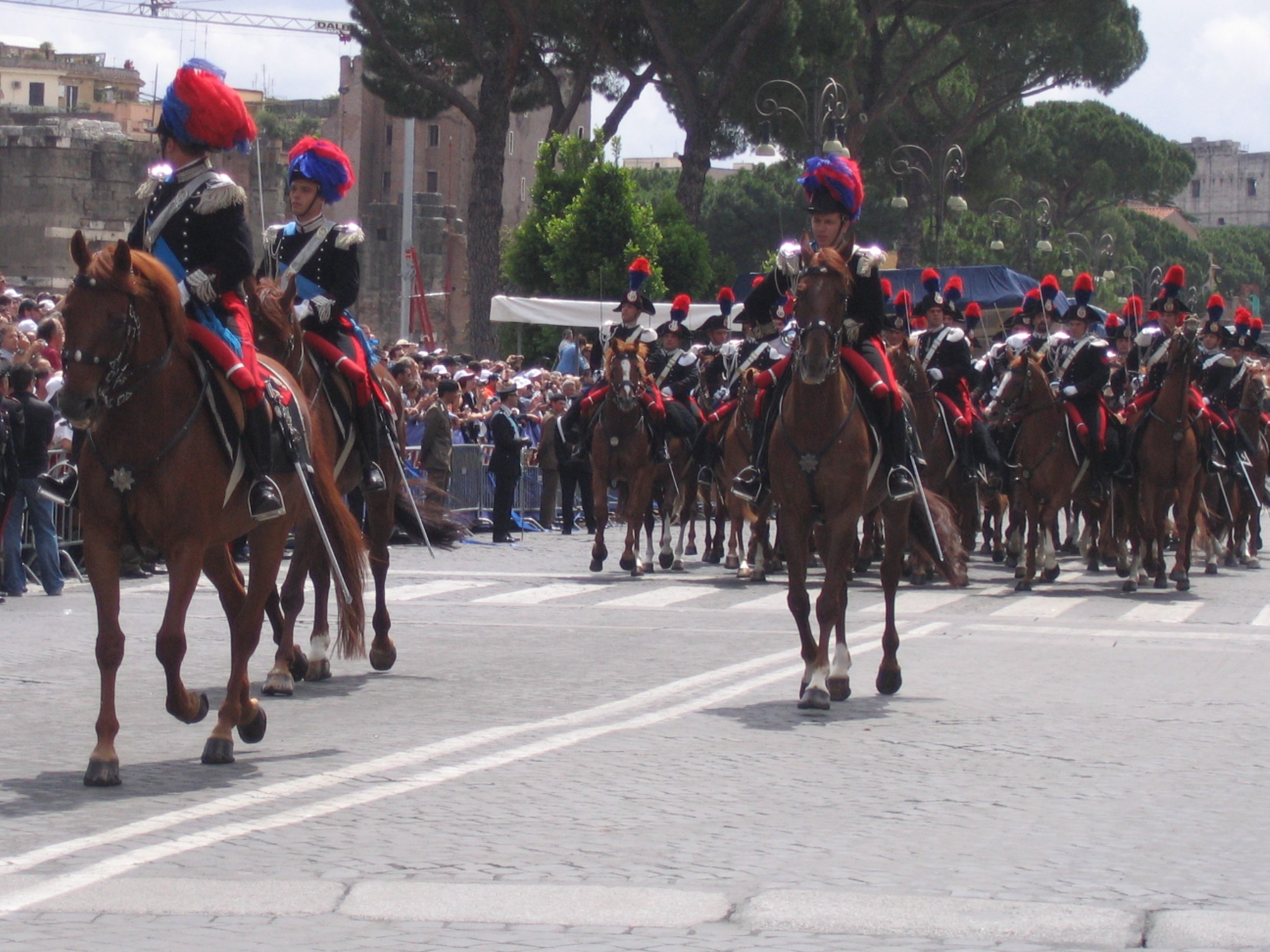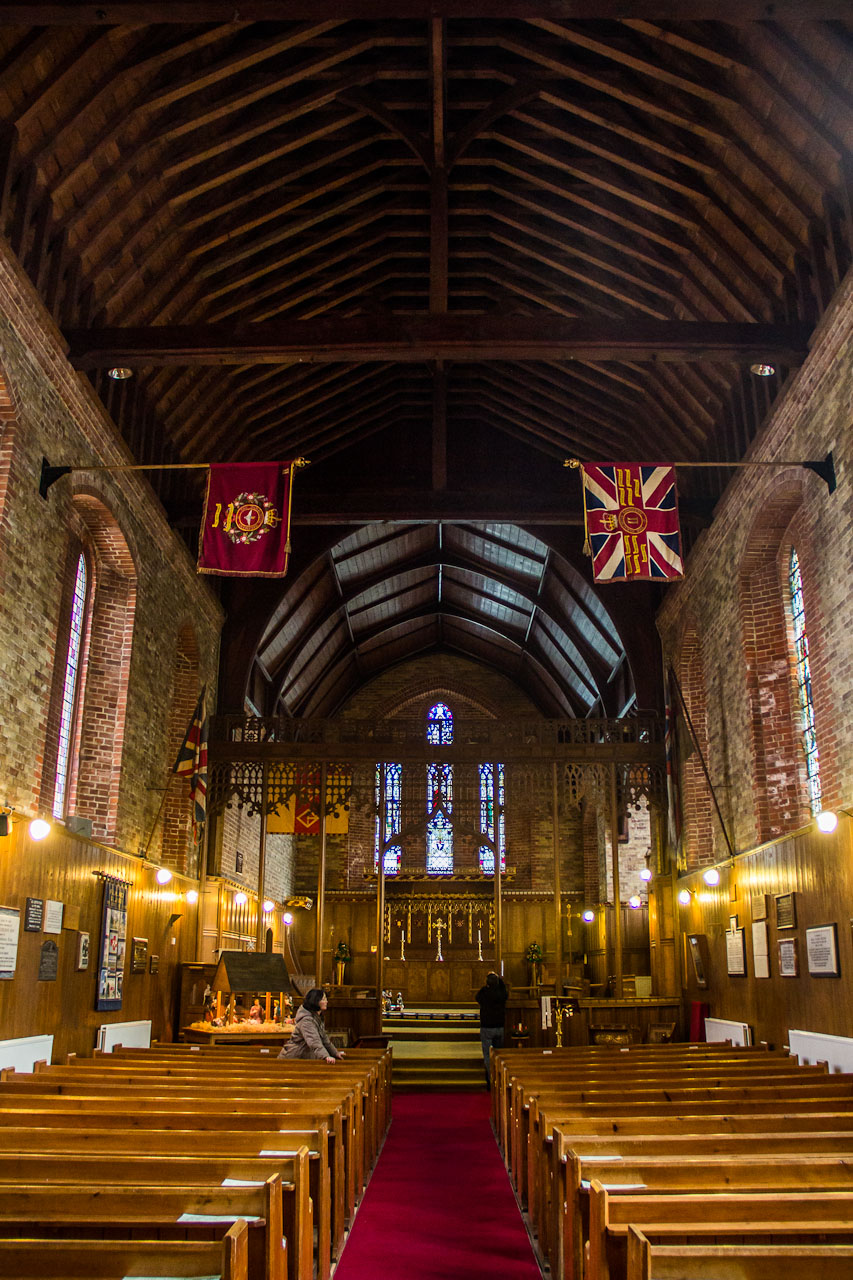|
Liberation Day (Falkland Islands)
Liberation Day is the National Day of the Falkland Islands and commemorates the liberation of the Falkland Islanders from Argentine military occupation at the end of the Falklands War on 14 June 1982. It is celebrated every year on 14 June (observed on 15 June when 14th is a Sunday) and is a public holiday. Commemorations include a thanksgiving service at Christ Church Cathedral, followed by wreath laying at the Liberation Memorial and a military parade in Stanley. See also * Falklands Day References Annual events in the Falkland Islands June observances Falkland Islands The Falkland Islands (; es, Islas Malvinas, link=no ) is an archipelago in the South Atlantic Ocean on the Patagonian Shelf. The principal islands are about east of South America's southern Patagonian coast and about from Cape Dubouzet ... Falkland Islands culture {{falklands-stub ... [...More Info...] [...Related Items...] OR: [Wikipedia] [Google] [Baidu] |
1982 Liberation Memorial
The 1982 Liberation Memorial is a war memorial in Stanley, Falkland Islands. It commemorates all British Forces and supporting units that served in the Falklands War and helped liberate the Falkland Islanders from Argentine military occupation in 1982. The Memorial is situated in front of the Secretariat Building, overlooking Stanley Harbour. The funds for the Memorial were raised entirely by Falkland Islanders and it was unveiled by the Governor of the Falkland Islands, Sir Rex Hunt, on Liberation Day (14 June) 1984, the second anniversary of the end of the war. Design The Memorial consists of an obelisk on the front of which is the coat of arms of the Falkland Islands surrounded by a laurel wreath above the words "In Memory of Those Who Liberated Us" and the date the war ended; "14 June 1982". On top of the obelisk is a bronze figure of Britannia, the female personification of the island of Great Britain. On the back and sides of the Memorial are the lists of the British Army ... [...More Info...] [...Related Items...] OR: [Wikipedia] [Google] [Baidu] |
Stanley, Falkland Islands
Stanley (; also known as Port Stanley) is the capital city of the Falkland Islands. It is located on the island of East Falkland, on a north-facing slope in one of the wettest parts of the islands. At the 2016 census, the city had a population of 2,460. The entire population of the Falkland Islands was 3,398 on Census Day on 9 October 2016. Stanley is represented by five of the eight elected members of the Legislative Assembly of the Falkland Islands, Stacy Bragger, Barry Elsby, Mark Pollard, Roger Spink and Leona Vidal Roberts. An elected Town Council of Stanley existed from 1948 to 1973. On 20 May 2022, it was announced that, as part of the Platinum Jubilee Civic Honours, Stanley would receive city status. On 14 June 2022, Stanley received letters patent, formally awarding it city status. Facilities and infrastructure Stanley is the main shopping centre on the islands and the hub of East Falkland's road network. Attractions include the Falkland Islands Museum, Governme ... [...More Info...] [...Related Items...] OR: [Wikipedia] [Google] [Baidu] |
Falkland Islands
The Falkland Islands (; es, Islas Malvinas, link=no ) is an archipelago in the South Atlantic Ocean on the Patagonian Shelf. The principal islands are about east of South America's southern Patagonian coast and about from Cape Dubouzet at the northern tip of the Antarctic Peninsula, at a latitude of about 52°S. The archipelago, with an area of , comprises East Falkland, West Falkland, and 776 smaller islands. As a British overseas territory, the Falklands have internal self-governance, but the United Kingdom takes responsibility for their defence and foreign affairs. The capital and largest settlement is Stanley on East Falkland. Controversy exists over the Falklands' discovery and subsequent colonisation by Europeans. At various times, the islands have had French, British, Spanish, and Argentine settlements. Britain reasserted its rule in 1833, but Argentina maintains its claim to the islands. In April 1982, Argentine military forces invaded the islands. British a ... [...More Info...] [...Related Items...] OR: [Wikipedia] [Google] [Baidu] |
Wreath
A wreath () is an assortment of flowers, leaves, fruits, twigs, or various materials that is constructed to form a circle . In English-speaking countries, wreaths are used typically as household ornaments, most commonly as an Advent and Christmas decoration. They are also used in ceremonial events in many cultures around the globe. They can be worn as a chaplet around the head, or as a garland around the neck. Etymology The word ''wreath'' comes from Middle English ''wrethe'' and from Old English ''writha'' 'band'. History Ancient Etruscan wreaths Wreaths were a design used in ancient times in southern Europe. The most well-known are pieces of Etruscan civilization jewelry, made of gold or other precious metals. Symbols from Greek myths often appear in the designs, embossed in precious metal at the ends of the wreath. Ancient Roman writers referred to Etruscan ''corona sutilis'', which were wreaths with their leaves sewn onto a background. These wreaths resemble a ... [...More Info...] [...Related Items...] OR: [Wikipedia] [Google] [Baidu] |
Military Parade
A military parade is a formation of soldiers whose movement is restricted by close-order manoeuvering known as drilling or marching. The military parade is now almost entirely ceremonial, though soldiers from time immemorial up until the late 19th century fought in formation. Massed parades may also hold a role for propaganda purposes, being used to exhibit the apparent military strength of a country. History The terminology comes from the tradition of close order formation combat, in which soldiers were held in very strict formations as to maximise their combat effectiveness. Formation combat was used as an alternative to mêlée combat, and required strict discipline in the ranks and competent officers. As long as their formations could be maintained, regular troops could maintain a significant advantage over less organised opponents. Nevertheless, military parades are not to be confused with the military show of force. Although the firepower of breechloading rifles and ... [...More Info...] [...Related Items...] OR: [Wikipedia] [Google] [Baidu] |
Occupation Of The Falkland Islands
The occupation of the Falkland Islands and South Georgia and the South Sandwich Islands ( es, Gobernación Militar de las Islas Malvinas, Georgias del Sur y Sandwich del Sur "Military Administration of the Malvinas, South Georgia and South Sandwich Islands") was the short-lived Argentine occupation of a group of British islands in the South Atlantic whose sovereignty has long been disputed by Argentina. Until their invasion on 2 April 1982 by the Argentine military junta, they had been governed by the United Kingdom since it re-established control over them in 1833. The invasion and subsequent occupation signalled the start of the Falklands War, which resulted in the islands' returning to British control on 14 June 1982. Background The Falkland Islands ( es, Islas Malvinas) had been under British administration since January 1833, when the United Kingdom re-established sovereignty over the islands which, at that time, housed an Argentine settlement. Argentina has claimed ... [...More Info...] [...Related Items...] OR: [Wikipedia] [Google] [Baidu] |
Falklands War
The Falklands War ( es, link=no, Guerra de las Malvinas) was a ten-week undeclared war between Argentina and the United Kingdom in 1982 over two British dependent territories in the South Atlantic: the Falkland Islands and its territorial dependency, South Georgia and the South Sandwich Islands. The conflict began on 2 April, when Argentina invaded and occupied the Falkland Islands, followed by the invasion of South Georgia the next day. On 5 April, the British government dispatched a naval task force to engage the Argentine Navy and Air Force before making an amphibious assault on the islands. The conflict lasted 74 days and ended with an Argentine surrender on 14 June, returning the islands to British control. In total, 649 Argentine military personnel, 255 British military personnel, and three Falkland Islanders were killed during the hostilities. The conflict was a major episode in the protracted dispute over the territories' sovereignt ... [...More Info...] [...Related Items...] OR: [Wikipedia] [Google] [Baidu] |
Falkland Islanders
Falkland Islanders, also called FalklandersChater, Tony. ''The Falklands''. St. Albans: The Penna Press, 1996. p. 137. and nicknamed Kelpers, are the people of the British Overseas Territory of the Falkland Islands. Identity The Islanders are British, albeit with a distinct identity of their own: They also see themselves as no different from other immigrant nations, including those of neighbouring South America: "Kelpers" is a nickname given to Falkland Islanders because the islands are surrounded by large seaweeds called kelp. This term is no longer used as commonly as it once was (largely because it is considered racist and insulting by some islanders when used by Argentines). Demographic statistics The following demographic statistics are from the CIA World Factbook, unless otherwise indicated. Population Nationality With retrospective effect from 1 January 1983, as provided in the British Nationality (Falkland Islands) Act 1983, the Falkland Islanders ha ... [...More Info...] [...Related Items...] OR: [Wikipedia] [Google] [Baidu] |
Christ Church Cathedral (Falkland Islands)
Christ Church Cathedral, on Ross Road in Stanley, Falkland Islands, is the southernmost Anglican cathedral in the world. It is the parish church of the Falkland Islands, South Georgia and the British Antarctic Territories. The Parish of the Falkland Islands is part of the Anglican Communion. The rector of the cathedral is under the ordinary jurisdiction of the Bishop of the Falkland Islands; since 1978, this office has been held ''ex officio'' by the Archbishop of Canterbury, who is both ordinary and metropolitan for the small autonomous diocese. In practice, authority is exercised through a bishop-commissary appointed by the Archbishop of Canterbury, and known as the Bishop ''for'' the Falkland Islands. History The cathedral is built on the site of Holy Trinity Church, which was destroyed by a peat slip that destroyed part of Stanley in 1886. The new building was designed by Sir Arthur Blomfield and built in 1890–1892 from the local stone and brick. It incorporates a to ... [...More Info...] [...Related Items...] OR: [Wikipedia] [Google] [Baidu] |
Falklands Day
Falklands Day is the celebration of the first sighting of the Falkland Islands by John Davis in 1592, and is celebrated on 14 August. It was once seen as the national day of the Falklands, but has largely been replaced by Liberation Day which commemorates the end of the Falklands War. Falkland Day ceased be to a public holiday in 2002 when the Executive Council moved the holiday to provide for the re-introduction of Peat Cutting Monday Peat Cutting Monday or Peat Cutting Day is a public holiday in the Falkland Islands that is celebrated on the first Monday in October every year. Traditionally, Peat Cutting Day was the time of year when Falkland Islanders went out to cut cubes o ..., on the first Monday in October. References Annual events in the Falkland Islands August observances Falkland Islands culture {{festival-stub ... [...More Info...] [...Related Items...] OR: [Wikipedia] [Google] [Baidu] |
Annual Events In The Falkland Islands , in biology
{{disambiguation ...
Annual may refer to: *Annual publication, periodical publications appearing regularly once per year **Yearbook **Literary annual *Annual plant *Annual report *Annual giving *Annual, Morocco, a settlement in northeastern Morocco *Annuals (band), a musical group See also * Annual Review (other) * Circannual cycle A circannual cycle is a biological process that occurs in living creatures over the period of approximately one year. This cycle was first discovered by Ebo Gwinner and Canadian biologist Ted Pengelley. It is classified as an Infradian rhythm, whi ... [...More Info...] [...Related Items...] OR: [Wikipedia] [Google] [Baidu] |
.jpg)




